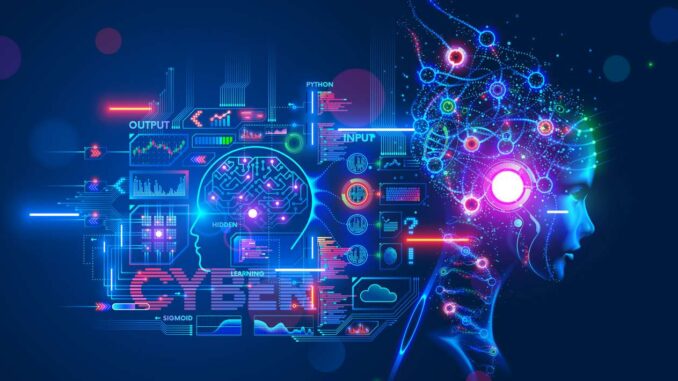
AI is increasingly transforming the education sector by enhancing teaching and learning processes, personalizing educational experiences, and improving administrative efficiency. Here are some of the key applications and advancements of AI in education:
1. **Personalized Learning**: AI can analyze individual student learning behaviors, preferences, and progress to tailor educational content that meets their specific needs.








Adaptive learning systems adjust the difficulty of tasks based on student performance, ensuring that students are neither bored nor overwhelmed.
2. **Intelligent Tutoring Systems**: AI-powered tutoring systems provide personalized assistance to students outside of the classroom. These systems can offer hints, feedback, and alternative explanations for concepts that students may struggle to understand, effectively acting as a virtual tutor.
3. **Automated Grading and Assessment**: AI can streamline the grading process for both formative and summative assessments by automatically assessing multiple-choice questions, short answers, and even essays. This reduces educators’ workloads and provides faster feedback to students.
4. **Enhanced Engagement and Interaction**: AI-driven tools can create interactive learning experiences through gamification, simulations, and virtual reality. These engaging environments can increase motivation and provide hands-on experiences that enhance understanding.
5. **Predictive Analytics**: Institutions can utilize AI to analyze historical data regarding student performance to predict outcomes, such as dropout rates or course completion. This allows educators to intervene early with targeted support to help at-risk students succeed.
6. **Language Learning and Translation**: AI-powered language applications can support language learning through speech recognition and natural language processing. These tools can offer real-time translations, dialogue practice, and feedback on pronunciation and grammar.
7. **Administrative Efficiency**: AI can assist educational institutions with routine administrative tasks, such as scheduling, enrollment, and resource management. This allows educators and staff to focus more on teaching and student engagement.
8. **Learning Management Systems (LMS)**: Modern LMS can integrate AI to track and analyze student progress in real-time. AI can identify trends in student engagement and comprehension, allowing educators to adjust course materials and teaching strategies as needed.
9. **Emotional Recognition**: AI tools can analyze students’ facial expressions and voice tones to gauge their emotional states during learning activities. This information can help educators understand how students are feeling and make necessary adjustments to facilitate a better learning environment.
10. **Career Guidance**: AI systems can offer personalized career counseling by analyzing a student’s skills, interests, and academic performance. These systems can recommend suitable career paths and relevant courses to help students reach their goals.
11. **Content Creation**: AI can aid educators in developing educational materials, such as generating quizzes, tests, or even entire lesson plans based on curriculum standards. This can save time and enhance the quality of educational resources.
12. **Remote Learning**: As online education becomes more prevalent, AI can enhance the remote learning experience through effective content recommendations, improved user interfaces, and automated support tools, helping to address potential challenges in distance education.
13. **Collaboration Tools**: AI can facilitate collaboration among students through intelligent matchmaking in group projects and peer review systems. It can also provide recommendations for team configurations based on students’ strengths and weaknesses.
14. **Teaching Assistant Robots**: AI-powered robots can assist teachers by helping to deliver lessons, manage classroom activities, and even provide personalized support to students with special needs.
**Challenges and Considerations**:
While the integration of AI in education holds significant promise, there are also challenges and ethical considerations to address:
– **Data Privacy**: The collection of student data raises concerns about privacy and security. Educational institutions must ensure that data is protected and used responsibly.
– **Equity and Access**: The digital divide may exacerbate existing educational inequalities. Ensuring that all students have access to AI-enhanced learning tools is crucial.
– **Bias in Algorithms**: AI systems can inadvertently perpetuate biases present in their training data, leading to unfair treatment of students. Ongoing monitoring and auditing of AI systems are essential.
– **Teacher’s Role**: With the rising use of AI, the role of educators may shift more toward facilitation and mentorship. Professional development is necessary to equip teachers with the skills to effectively integrate AI into their teaching.
In summary, AI has the potential to revolutionize education by creating more personalized, efficient, and engaging learning environments. By addressing the accompanying challenges, educators and institutions can harness AI’s capabilities to foster better learning outcomes for all students.

Leave a Reply